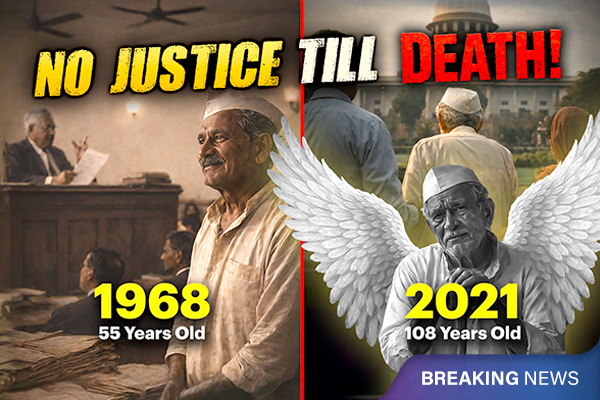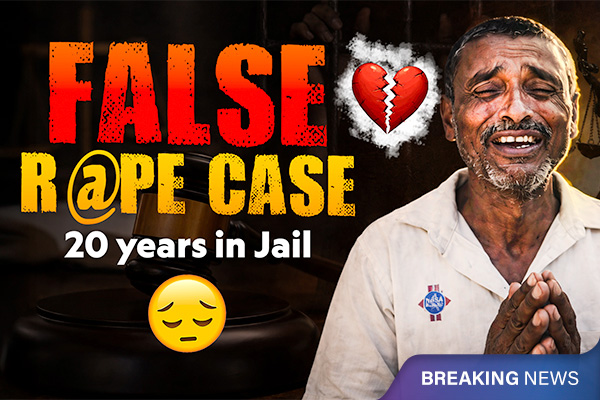Supreme Court Announces its Decision on Demonetisation
The honorable Supreme Court has upheld the decision of the Union government taken in 2016 to demonetise the currency notes of Rs 500 and Rs 1000.
Back in 2016, most of us heard about the term demonetisation for the first time and were equally stunned when the government announced this move. To give you a quick glimpse, on the night of 8th November, 2016, the Prime Minister Narendra Modi through a video speech announced that the then in use currency notes of 500 & 1000 will no longer be valid in a bid to seize back the collected black money from the country. The decision, however, caused a panic amongst the citizens, and there were a lot of debates about it being a smart move or not. Moreover, there were not just 1 but 58 petitions filed in the supreme court which called out against the central government's decision of banning the in use currency notes.
However, in the latest update, the honorable Supreme Court has upheld the decision of the Union government taken in 2016 to demonetise the currency notes of Rs 500 and Rs 1000. While dismissing more than 58 pleas challenging the note ban, the Supreme Court said the decision could not be faulted just because it was initiated by the government and not the Reserve Bank of India or by the parliament. If you don’t already know, the Reserve Bank of India is the central Bank in the country which is responsible for all the money related objectives, right from printing the currency notes to having a count of the total number which has been circulating in the market. Parliament is the set of politicians who come forward to pass a bill about something and make it a rule in the Indian democracy system.
The decision was taken by a 5 member jury, in which 4 out of the 5 judges upheld the decision, whereas only 1 judge opposed it. The judgment in the matter was pronounced by Justice BR Gavai , Justice BV Nagarathna, Justice Abdul Nazeer, Justice AS Bopanna and Justice V Ramasubramanian. In the 5 membered jury, Justice BV Nagarathna was the only one who lynched his disicion against the currency ban and has stated that the demonetisation could have been executed through an act of legislation and not by the Government. As per the supreme court, in order to take any decision, the central government should have consulted the Reserve bank before any implementation. However, there was a consultation between the two for more than six months before the decision was finally imposed, the court observed. This is surely a milestone decision taken by the court. What are your thoughts about the same? Do let us know in the comment section below.







